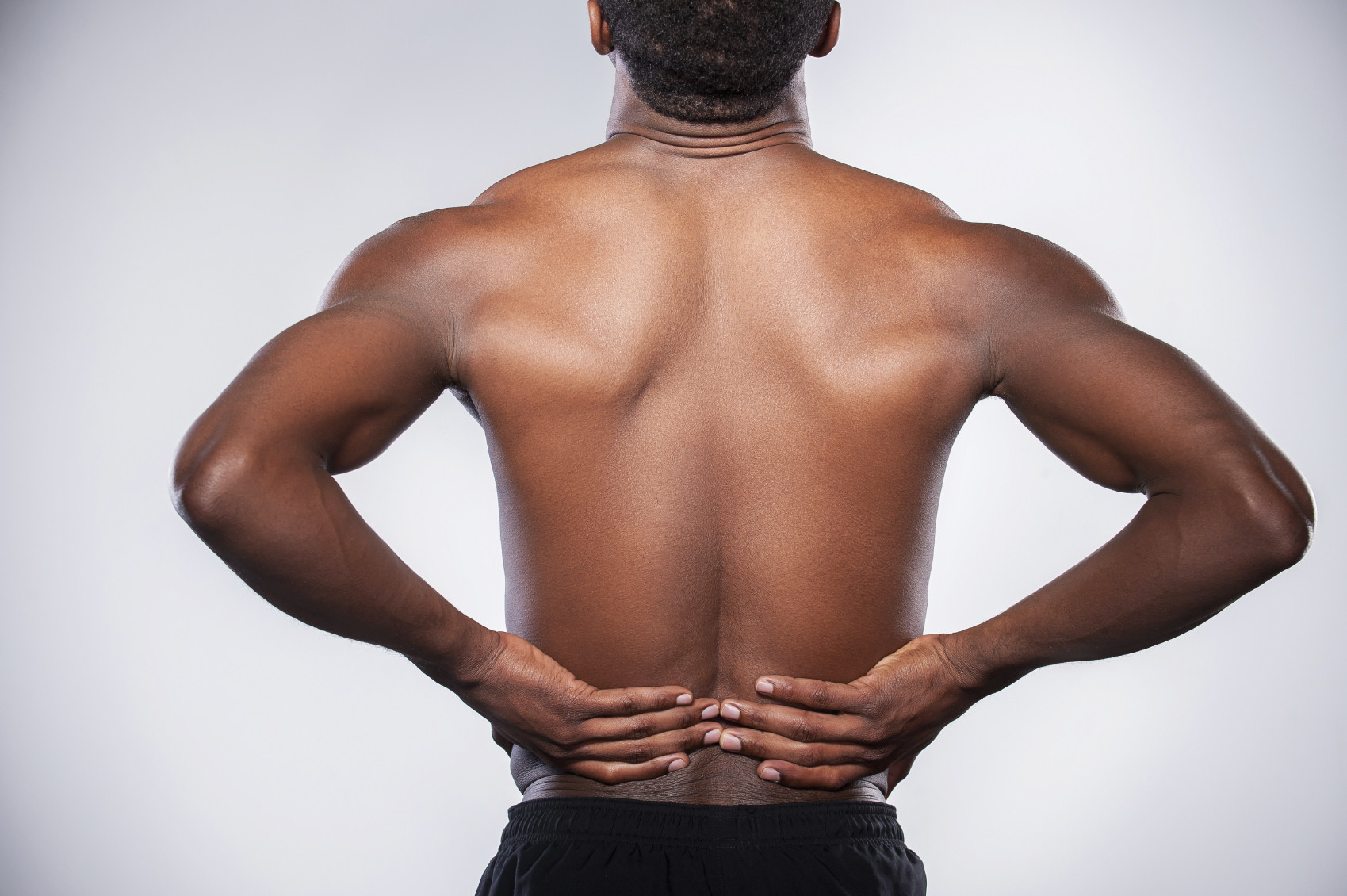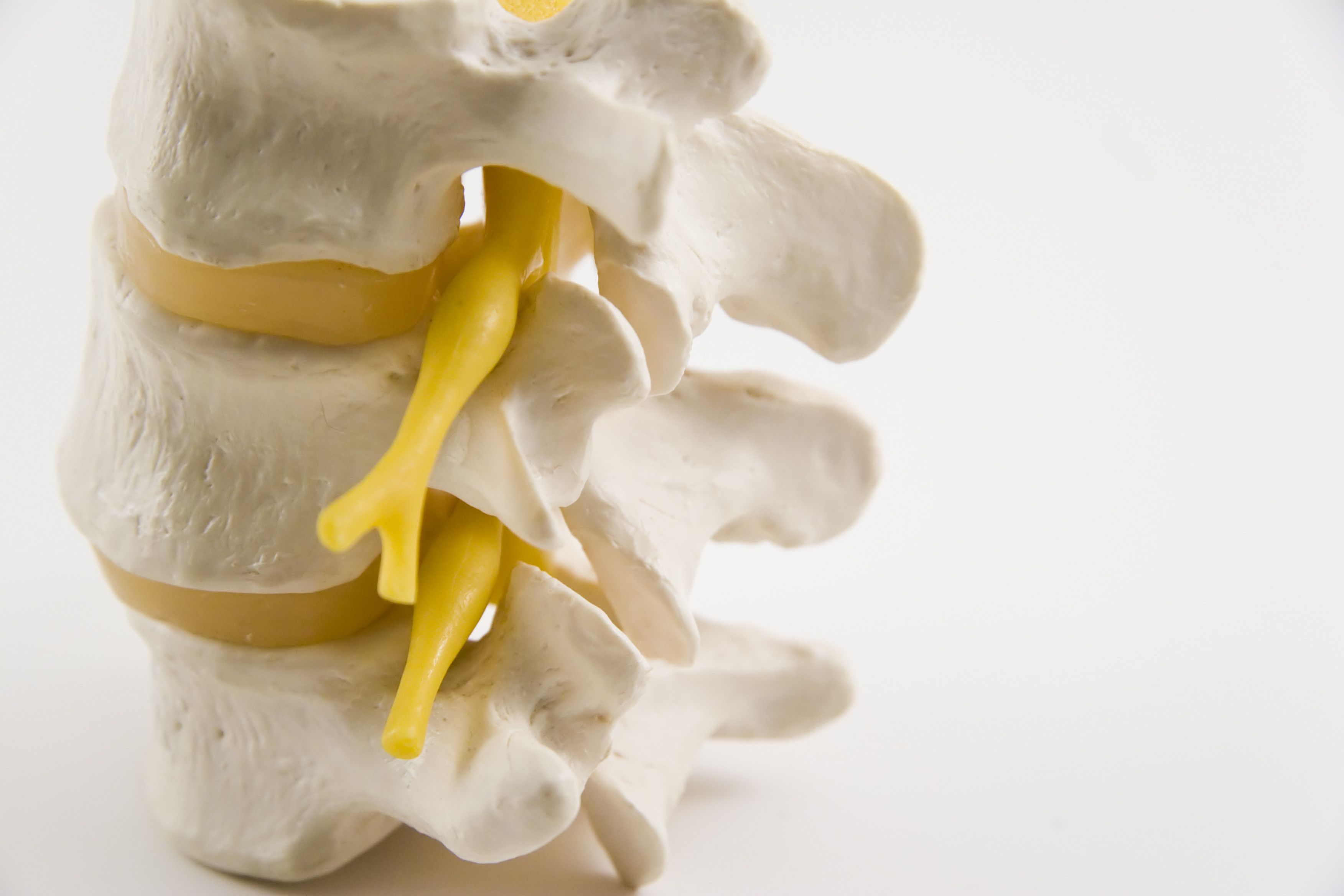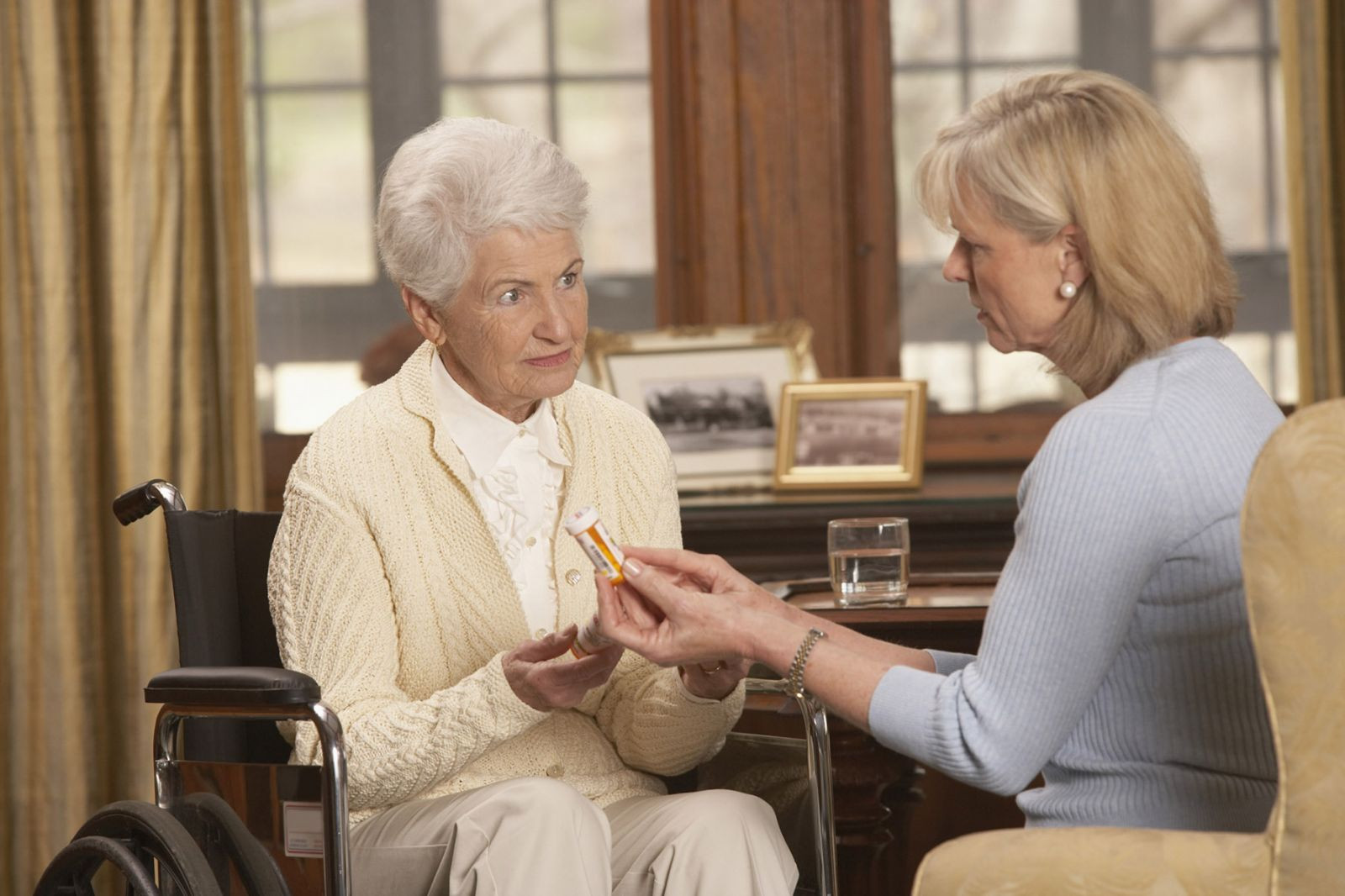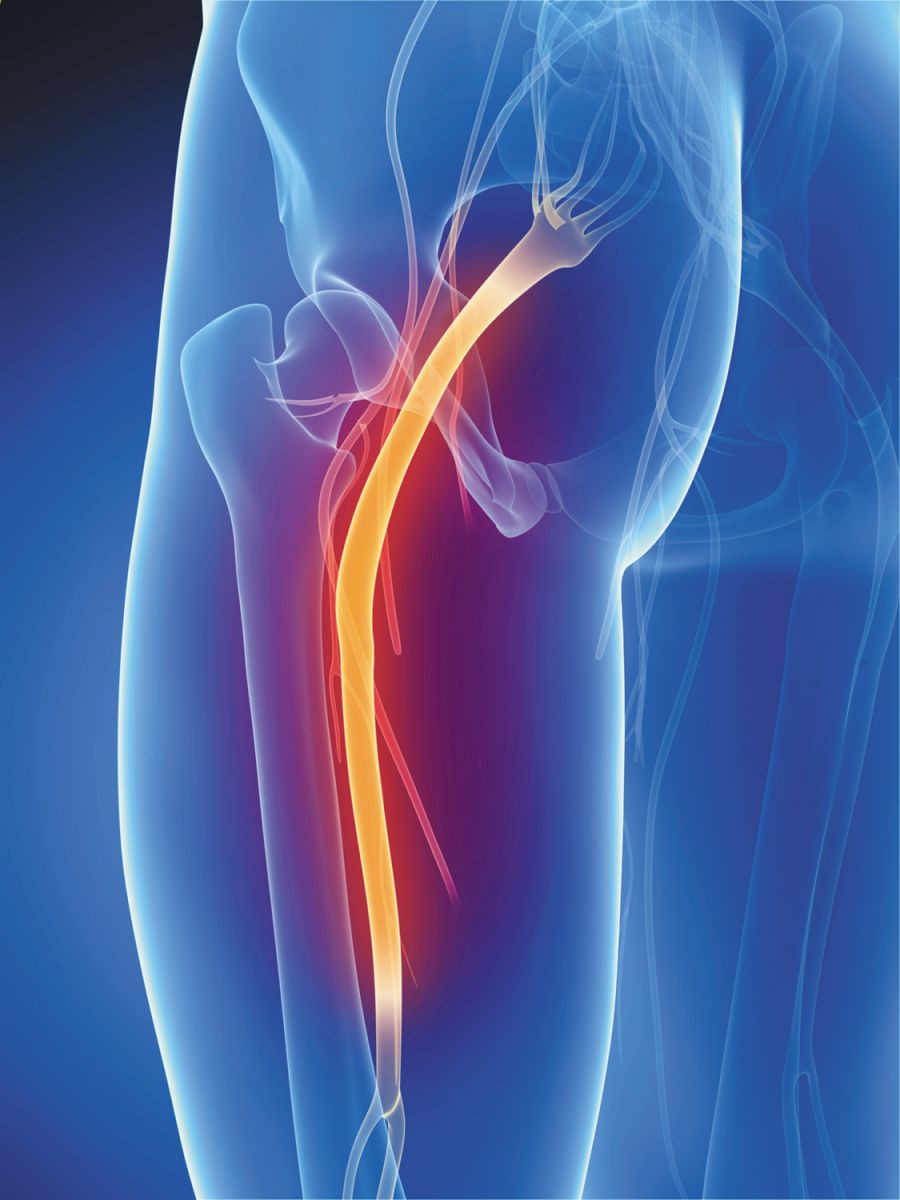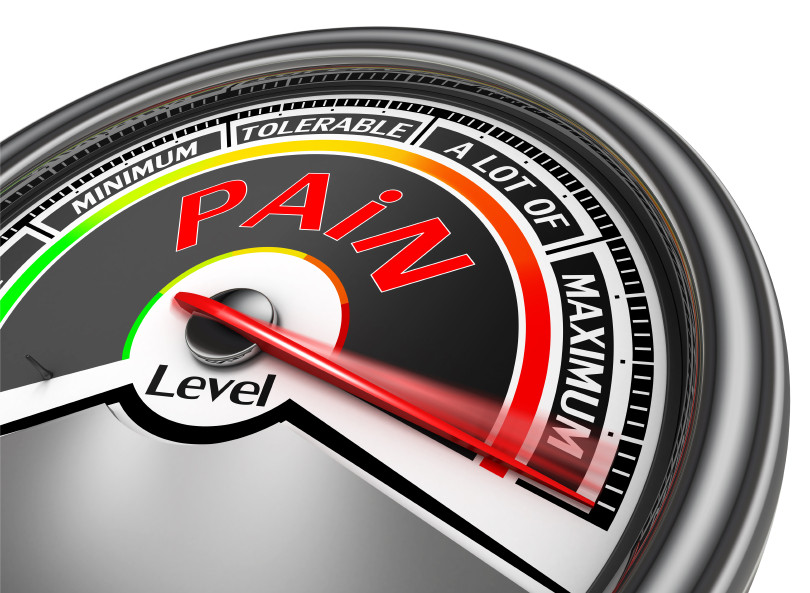
What are somatic workouts?

How to curb your stress eating

How to spot Parkinson’s disease symptoms

8 simple ways to reduce ultra-processed foods in your diet

Heart failure symptoms in women: How they’re different

GERD diet: Foods to avoid to reduce acid reflux

Strong is the new skinny

Everyday habits that sneakily weaken your bones

Don’t wait to get help for back pain

Correcting how you walk may ease osteoarthritis knee pain
Back Pain Archive
Articles
Medication-free options to treat your low back pain
News Briefs
Image: Moldboard/Thinkstock
A small study published in March 2016 in The Journal of the American Medical Association appears to support two nondrug options for treating chronic lower back pain. Researchers found that mindfulness-based stress reduction (MBSR), which includes yoga and mindfulness meditation (focusing on the moment), and cognitive behavioral therapy (CBT), which redirects pain-related thoughts and behaviors, were better at lowering back pain than usual care (other treatments received, if any).
Researchers randomly assigned more than 300 people (average age 49) to usual care or to eight weekly sessions of either MBSR or CBT. Six months later, researchers found that 45% of both the MBSR and CBT groups had less back pain, compared with 27% of the usual-care group, and about 60% of both MBSR and CBT participants had more back function, compared with 44% of those getting usual care.
5 steps to a pain–free back
Low back pain has many different causes, including the normal wear and tear that comes with aging. While you can't turn back the clock or prevent every type of painful back disorder, in most cases there are things you can do to help keep your back healthy.
1. Stay fit
Weak back and abdominal muscles — due to deconditioning or age — cause or exacerbate many cases of low back pain. That's why stretching and strengthening both your back and abdominal muscles is important not only for treating low back pain, but also for helping to prevent a recurrence of the problem.
Study shows mind-body approaches better than pain relievers for sore backs
Research We’re Watching
Cognitive behavioral therapy has been shown to be effective in treating chronic back pain, but it requires regular visits with a psychotherapist and can be expensive. A team from the University of Washington designed a study to determine whether mindfulness stress reduction—a technique that can be learned and practiced on one's own—is as effective in relieving pain and restoring function as cognitive behavioral therapy or conventional treatment with drugs and physical therapy.
The researchers enrolled 342 people ages 50 to 70—two-thirds of whom were women—who'd had back pain for an average of more than seven years. They randomly assigned the participants to one of three equal groups: one group was taught to practice mindfulness stress reduction, the second received cognitive behavioral therapy, and the third received conventional treatment as needed.
Prescription pain pills: Worth the risks?
Thorough risk assessment and family assistance may help you take them more safely.
Prescription pain pills such as oxycodone (Oxycontin) and hydrocodone (Vicodin) are in a class of drugs known as opioids. They're typically used to treat severe pain after surgery, and sometimes to treat chronic pain. But these drugs come with many risks, including addiction. Does that put you at risk if you take opioids? "You have to look at it on a case-by-case basis," says Dr. Hilary Connery, an addiction psychiatrist at Harvard-affiliated McLean Hospital.
Risks and benefits
Opioids are powerful painkillers that block messages of pain to the brain and decrease the body's perception of discomfort. They may also create a feeling of euphoria. Opioids are especially useful in the short term, such as the initial weeks following joint replacement. Common side effects include nausea, itching, drowsiness, or constipation.
Sciatica: Of all the nerve
Sciatica does not need to be a pain to treat. There are several ways to minimize and manage flare-ups.
Sciatica is one of the most common, yet misunderstood, types of pain. As many as 40% of people will get it during their life, and it becomes more frequent as you age.
"People who suffer from acute or chronic back pain tend to be more susceptible to sciatica," says Dr. Jeffrey N. Katz, professor of medicine and orthopedic surgery at Harvard Medical School. "Your risk also rises if you're obese, if you smoke, or if you're sedentary."
Low back pain attacks: One pill may be enough
Image: Thinkstock
In the Journals
Adding muscle relaxers or narcotic pain relievers to the nonsteroidal anti-inflammatory drug (NSAID) naproxen (Aleve) did not improve pain or function for people who went to emergency rooms seeking help for severe low back pain, according to a study in The Journal of the American Medical Association.
The study followed a group of 320 people who visited the same emergency room in the Bronx, N.Y. None had symptoms that would suggest disk-related back pain, like shooting pain down the back of the legs (sciatica). They were all advised to take naproxen for 10 days and were chosen at random to add one of three additional pills: the muscle relaxer cyclobenzaprine (Flexeril); ox-ycodone (Percocet), a narcotic pain reliever; or a placebo.

What are somatic workouts?

How to curb your stress eating

How to spot Parkinson’s disease symptoms

8 simple ways to reduce ultra-processed foods in your diet

Heart failure symptoms in women: How they’re different

GERD diet: Foods to avoid to reduce acid reflux

Strong is the new skinny

Everyday habits that sneakily weaken your bones

Don’t wait to get help for back pain

Correcting how you walk may ease osteoarthritis knee pain
Free Healthbeat Signup
Get the latest in health news delivered to your inbox!
Sign Up




